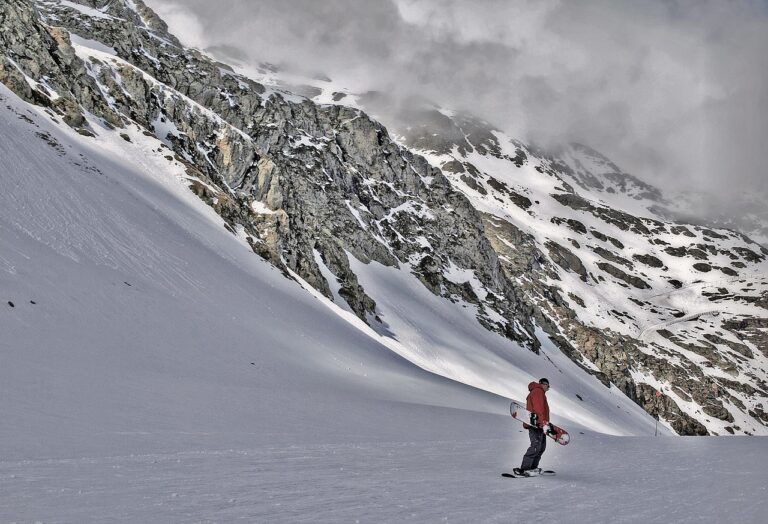The Influence of Steaming Platforms on Music Production Trends
The music industry has undergone a significant transformation in recent years, with independent artists gaining more prominence and recognition. These artists are leveraging digital platforms and social media to connect directly with their fans and build loyal followings without the need for major record labels to support them. This shift towards independence has empowered musicians to have more creative control over their work and to experiment with new sounds and styles.
Moreover, the rise of streaming services has provided independent artists with a powerful tool to distribute their music to a global audience and generate revenue. By utilizing platforms like Spotify, Apple Music, and YouTube, independent artists can reach listeners worldwide and find success without the traditional gatekeepers of the music industry. This democratization of music distribution has leveled the playing field and allowed talented artists from diverse backgrounds to make their mark on the industry.
The Impact of Data Analytics on Music Production Strategies
Data analytics has significantly transformed the landscape of music production. By leveraging data-driven insights, music producers can now make more informed decisions when crafting songs. From analyzing listener preferences to understanding trends in music consumption, data analytics plays a crucial role in shaping production strategies.
Moreover, data analytics provides valuable feedback on the performance of songs post-release. Producers can track metrics such as streaming numbers, listener engagement, and demographic data to gauge the success of their music. This information allows for adjustments to be made in real-time, enabling producers to optimize their production strategies for maximum impact in the ever-evolving music industry.
Collaborative Songwriting in the Digital Age
Collaborative songwriting in the digital age has revolutionized how musicians create music. With the help of technology, artists from different parts of the world can now collaborate seamlessly on music projects. Platforms like Google Drive and Dropbox allow songwriters to share ideas and work on songs in real-time, breaking down geographical barriers.
Furthermore, the rise of social media and online forums has made it easier for songwriters to connect and collaborate with each other. Musicians can now find potential collaborators through platforms like SoundCloud, Facebook groups, and Reddit threads dedicated to songwriting. This accessibility to a global pool of talent has fueled creativity and innovation in the music industry, leading to unique and dynamic collaborations that transcend borders.
• Collaborative songwriting in the digital age has revolutionized how musicians create music
• Technology allows artists from different parts of the world to collaborate seamlessly on music projects
• Platforms like Google Drive and Dropbox enable sharing ideas and working on songs in real-time, breaking down geographical barriers
• Social media and online forums make it easier for songwriters to connect and collaborate with each other
• Musicians can find potential collaborators through platforms like SoundCloud, Facebook groups, and Reddit threads dedicated to songwriting
• Accessibility to a global pool of talent has fueled creativity and innovation in the music industry
How has technology influenced collaborative songwriting in the digital age?
Technology has made it easier for artists to collaborate with others from anywhere in the world, allowing for a more seamless and efficient songwriting process.
What are some benefits of collaborative songwriting for independent artists?
Collaborative songwriting allows independent artists to tap into a wider range of creative ideas and influences, ultimately resulting in more dynamic and unique music.
How can data analytics impact music production strategies in collaborative songwriting?
Data analytics can provide insights into listener preferences and trends, helping collaborators tailor their music to better resonate with their target audience.
Are there any drawbacks to collaborative songwriting in the digital age?
One potential drawback is the challenge of maintaining creative control and a cohesive vision when working with multiple collaborators who may have different styles and preferences.
How can independent artists navigate the complexities of collaborative songwriting?
Communication, trust, and open-mindedness are key components to successful collaborative songwriting, as artists must be willing to compromise and adapt to each other’s ideas and feedback.







